IKIGAI : The Japanese Secret To A Long And Happy Life By HÉCTOR GARCÍA & FRANCESC MIRALLES
RM2.50
IKIGAI : The Japanese Secret To A Long And Happy Life By HÉCTOR GARCÍA & FRANCESC MIRALLES (PDF)
INTERNATIONAL BESTSELLER • 2 MILLION+ COPIES SOLD WORLDWIDE
“Workers looking for more fulfilling positions should start by identifying their ikigai.” ―Business Insider
“One of the unintended—yet positive—consequences of the [pandemic] is that it is forcing people to reevaluate their jobs, careers, and lives. Use this time wisely, find your personal ikigai, and live your best life.” ―Forbes
Find your ikigai (pronounced ee-key-guy) to live longer and bring more meaning and joy to all your days.
“Only staying active will make you want to live a hundred years.” —Japanese proverb
According to the Japanese, everyone has an ikigai—a reason for living. And according to the residents of the Japanese village with the world’s longest-living people, finding it is the key to a happier and longer life. Having a strong sense of ikigai—where what you love, what you’re good at, what you can get paid for, and what the world needs all overlap—means that each day is infused with meaning. It’s the reason we get up in the morning. It’s also the reason many Japanese never really retire (in fact there’s no word in Japanese that means retire in the sense it does in English): They remain active and work at what they enjoy, because they’ve found a real purpose in life—the happiness of always being busy.
In researching this book, the authors interviewed the residents of the Japanese village with the highest percentage of 100-year-olds—one of the world’s Blue Zones. Ikigai reveals the secrets to their longevity and happiness: how they eat, how they move, how they work, how they foster collaboration and community, and—their best-kept secret—how they find the ikigai that brings satisfaction to their lives. And it provides practical tools to help you discover your own ikigai. Because who doesn’t want to find happiness in every day?

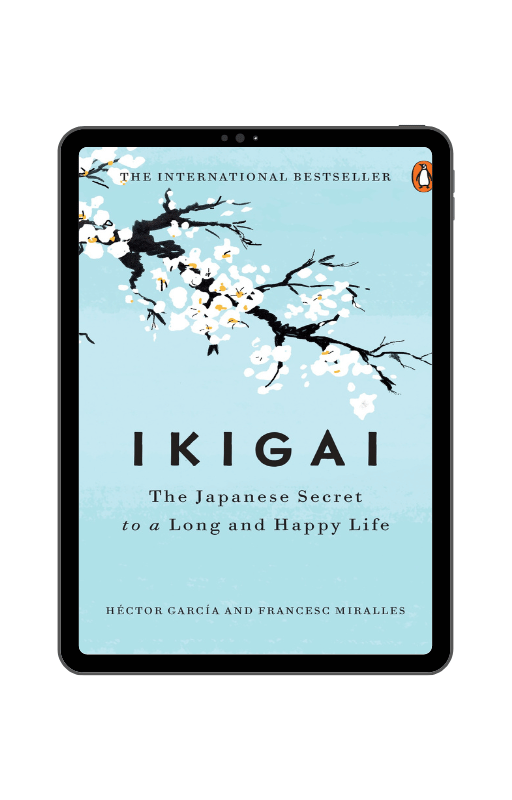

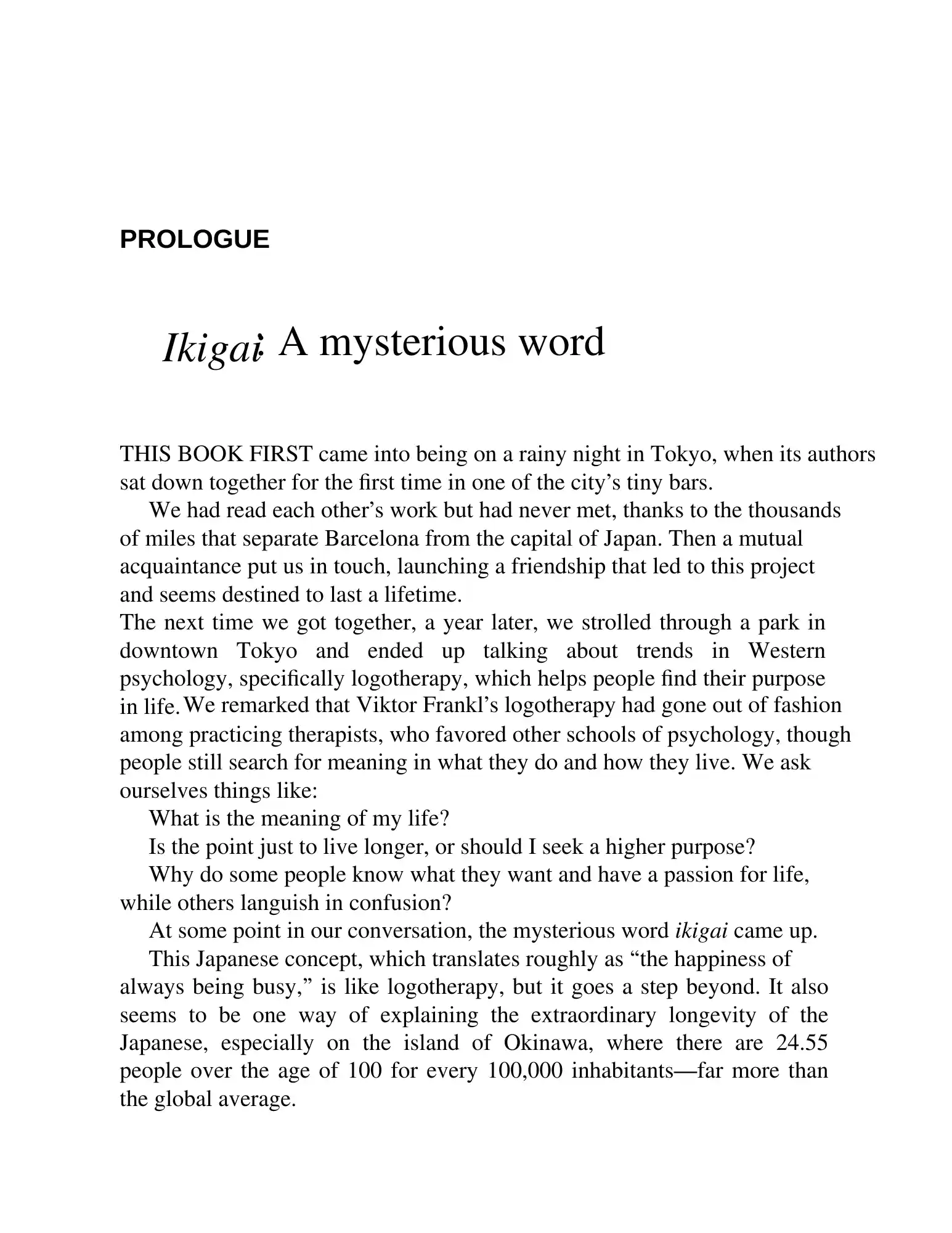
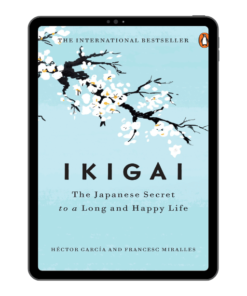
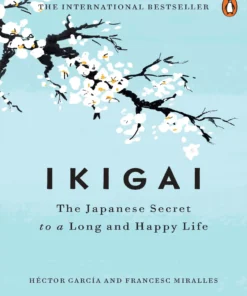
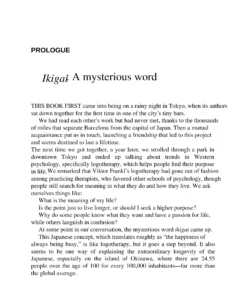




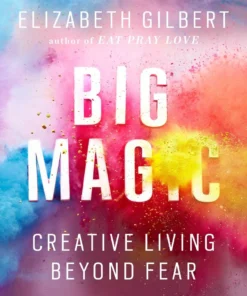

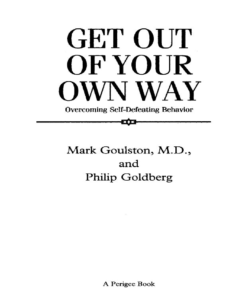
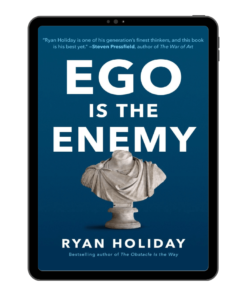
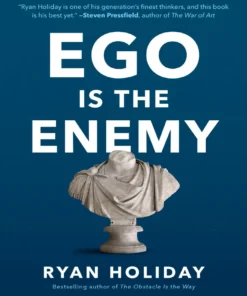










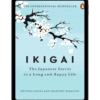
Reviews
There are no reviews yet.